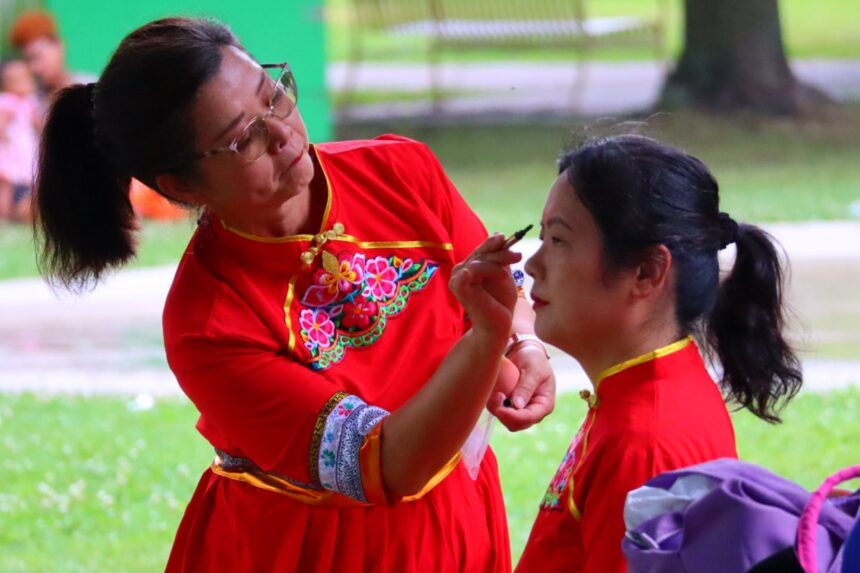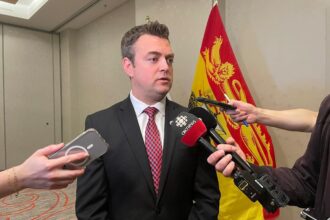The rhythmic beats of traditional drums echoed through Forbes Park this weekend as Cambridge welcomed back its annual Cultural Festival, transforming the riverside green space into a vibrant tapestry of global traditions, flavors, and artistry. Under clear summer skies, thousands of attendees experienced a celebration that has become a hallmark of the city’s commitment to embracing its increasingly diverse population.
“This is more than just a festival—it’s a living exhibition of Cambridge’s evolving identity,” remarked Mayor Jan Liggett, who officially opened the festivities Saturday morning. “When we see families from different backgrounds sharing meals and stories, we’re witnessing the future of our community taking shape before our eyes.”
Now in its eighth year, the Cambridge Cultural Festival has grown from a modest gathering of local cultural groups to a two-day extravaganza featuring over 40 performance groups, 30 food vendors, and numerous artisans representing traditions from six continents. The festival’s expansion mirrors the changing demographics of Cambridge, which has seen significant growth in newcomer populations over the past decade.
Festival coordinator Maria Sanchez noted the deliberate efforts to make this year’s event more accessible and inclusive. “We’ve worked closely with community leaders to ensure authentic representation and to create spaces where cultural exchange happens naturally,” she explained. “The festival serves as both a celebration and an invitation—a chance for established communities to showcase their heritage and for newcomers to find belonging.”
Visitors to Forbes Park found themselves immersed in a multisensory experience. The International Pavilion featured performances ranging from Ukrainian folk dances to Filipino martial arts demonstrations, while the Community Stage showcased local talents including the Cambridge Symphony Orchestra’s multicultural ensemble.
The festival’s culinary offerings proved particularly popular, with long lines forming at stalls serving everything from Portuguese pastéis de nata to Ethiopian injera platters. Local restaurant owner Demeke Tadesse, participating for the first time with his East African cuisine, was overwhelmed by the response. “People are not just eating the food—they’re asking about ingredients, cooking techniques, and cultural significance. This curiosity is how bridges get built between communities.”
Educational components were thoughtfully integrated throughout the festival grounds. The Heritage Learning Center offered workshops on traditional crafts, language basics, and cultural etiquette, while the Business Exchange connected newcomer entrepreneurs with established local businesses.
“These interactions have tangible economic benefits,” explained Cambridge Chamber of Commerce representative Alison McQueen. “Cultural festivals generate immediate tourism revenue, but they also foster business relationships and showcase Cambridge as a welcoming destination for international investment and settlement.”
The festival wasn’t without challenges. Organizers acknowledged the difficult balance of celebrating distinct cultural identities while avoiding tokenism or oversimplification. An advisory committee comprising representatives from 15 cultural associations provided guidance throughout the planning process to ensure respectful representation.
Cambridge resident William Chen, attending with his young family, reflected on the festival’s evolution. “When we moved here twelve years ago, events like this didn’t exist. Now my children can see their Chinese heritage celebrated alongside so many others. It makes them proud of both their roots and their Canadian identity.”
As the festival concluded Sunday evening with a lantern ceremony symbolizing unity in diversity, attendees departed with more than just souvenirs and full stomachs. They carried new connections, broadened perspectives, and a strengthened sense of belonging to a community that increasingly defines itself not by uniformity but by its rich cultural mosaic.
In a time when political discourse often emphasizes differences, Cambridge’s Cultural Festival stands as a compelling counter-narrative: How might communities across Canada build on these celebratory moments to create lasting bridges of understanding that extend beyond festival weekends into everyday interactions?























